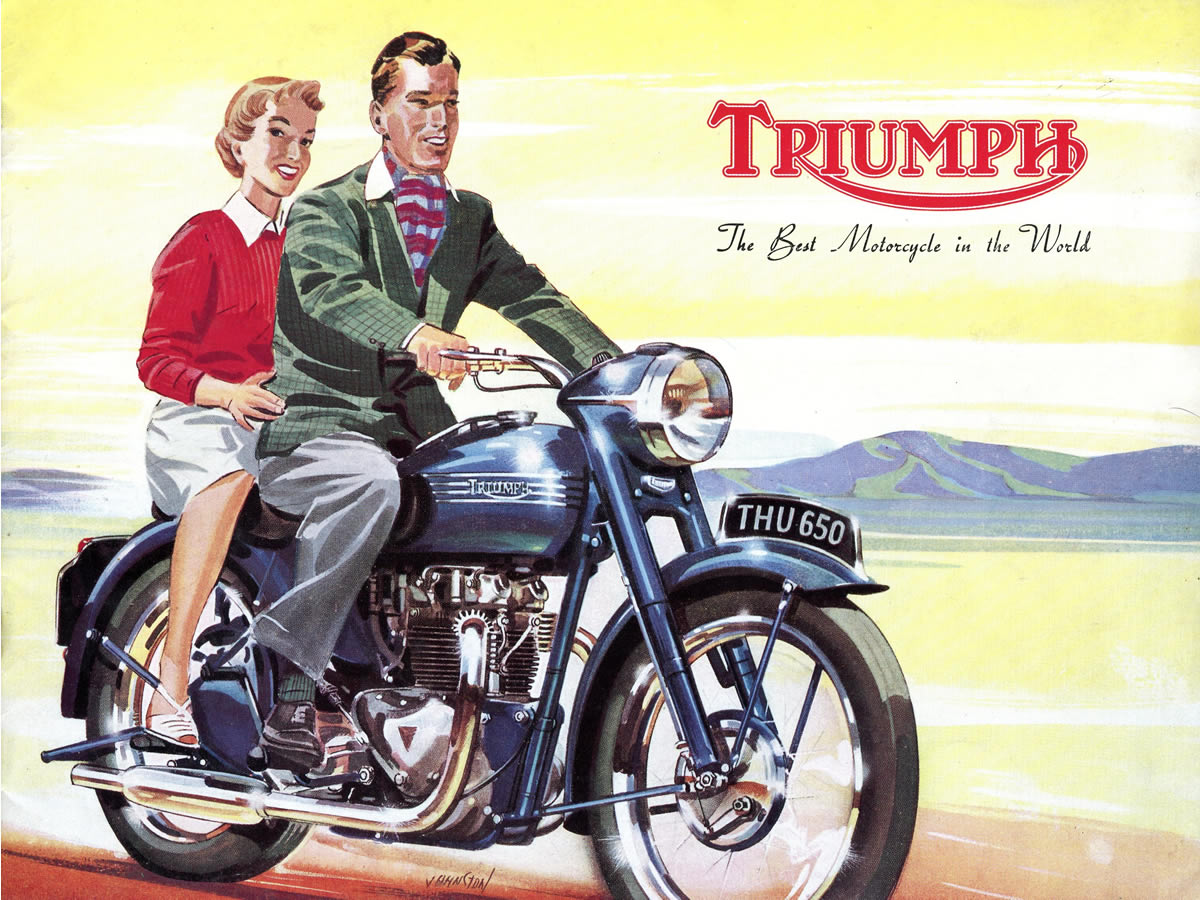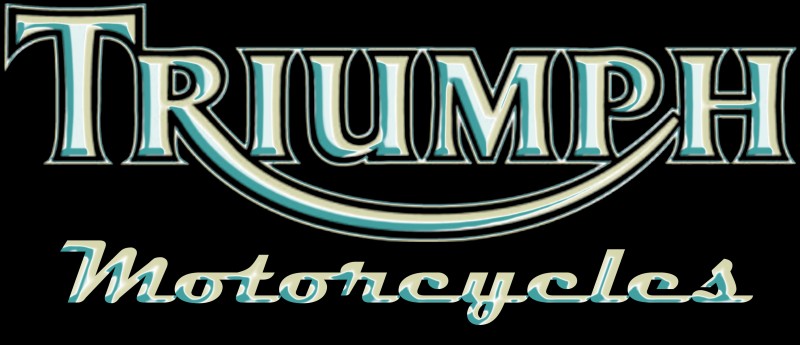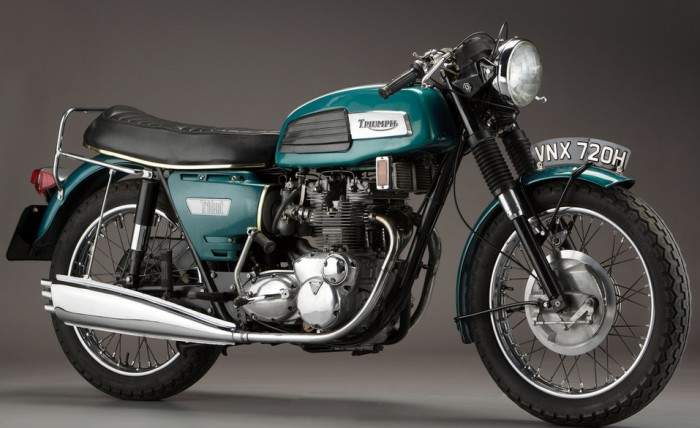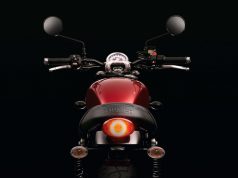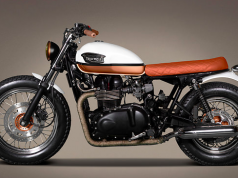I really don’t know why people show interest in Motorcycles when all they care about is a machine on two wheels and not the soul behind it. The same happened again with me when some one came and asked about Triumph motorcycles from and the origin of it? Well, my answer was simply a death look with a statement, “Who on earth does not know about it” it was an answer as if some one asked me about GOD.
Things that i know about Triumph i will share today.
The company is the personal project of one man, John Bloor, a private house builder and something of a self-made man (he started in the building industry as a plasterer, and now owns Britain’s largest private building company).
He bought up the Triumph name from the receivers in 1983, allowing Les Harris (businessman) to continue limited production of the old Bonneville, while he toured a range of Japanese motorcycle factories with his growing team of designers and engineers, to learn all there was to know about Japanese assembly methods – especially what were the best computerised tools available, for the job.
In 1985 he had his tooling together and began work in secret on the first engine. This was finished in 1988. It borrowed heavily from the very successful Kawasaki GPz engine, incorporating the use of wet liners to decrease the engine’s width, but using three cylinders, instead of four, to make it an even narrower unit. Furthermore, it used a 120 degree crank, and a balancer shaft – similar to that in the Honda 400/4 – to simulate the smooth running of a straight 6.
The first bikes to leave his state of the art plant in Hinkley, in Leicester were a deliberate break from any machine that had born the name previously.
The only nostalgia here, was for an age yet to come.
The message was clear, this was a modern motorcycle, for the (then rapidly emerging) ‘sports tourer’ market, and fit to take on any other contender in that class. It was several years before any attempt was made to hark back to ‘heritage’, with the super-retro Adventurer model – and lately the various parallel twins. Bloor clearly initially wanted the Triumph name, planted in the mind of the motorcycling public, as a manufacturer of modern high-tech motorcycles. If Ducati could do it, so could Triumph.
From 1983 onwards, it is thought he sank around £70-100 million of his personal wealth into the business. He never lost faith. He finally broke even in 2000.
So, they’re a story that combines hard-headed business logic, with a determination to succeed, in a unique labour of love, over a name that invokes great love in its riders. Triumph is the largest, wholly British-owned, motor vehicle manufacturer, still in existence.
Not bad, for a plasterer!
John Bloor receives an honorary Doctor of Laws from my old alma mater, the University of Leicester. This is how you get a degree when you left school at 15.






